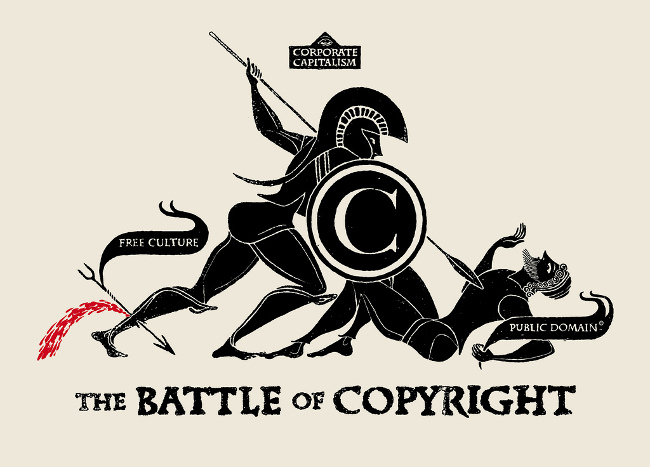The term “mansplaining” is among the latest and most innovative tools in the feminist handbag to stifle debate and shut down those that disagree with them.
In the heads of social justice warriors it is a way of discrediting an opponent on the basis of their maleness, with the perpetrator believing – to quote Urban Dictionary – “that of course he is right, because he is the man in this conversation.”
In more logically-oriented circles this is known as ad hominem, a fallacy in which you attempt to discredit a piece of reasoning by addressing your attacks “to the man”. As another Urban Dictionary entry has it, “mansplaining” can therefore be defined as “telling a woman that she’s wrong, even when she actually is.”
It’s with that in mind we turn to Jezebel, a feminist blog which published a piece on Tuesday titled “Matt Damon Interrupts Successful Black Woman Filmmaker to Explain Diversity to Her”.
To set the scene, white man and occasional actor and filmmaker Damon was starring in Project Greenlight, an HBO series which offers first-time filmmakers a start in the movie industry. During a discussion with Effie Brown, a black female producer of Dear White People among other things, Damon disagreed with an opinion of hers:
Those who want further context can see an extended clip here. But to quote Jezebel’s summary of the situation:
“During a discussion about one of the films, Brown helpfully points out that she’s worried that the only black person in the entire movie is a prostitute who is slapped by her white pimp. All she’s saying is that perhaps this roomful of white people should be cognizant of who they hire to direct a character like that – AKA hire some people of color so they can treat the role with some dignity and prevent it from descending into a racist trope.”
The racist implication that a white person could not direct a black character “with some dignity” is one of the problems with the Brown’s statement. But far more ugly is the vitriol directed at Damon for even having an opinion on this matter whilst being a white man:
“Luckily, Matt Damon is there to swoop in with this Smart White Man cape and interrupts Brown in order to explain diversity to her and this room full of white people. He argues that actually, the less diverse directing teams brought up the same issue about the prostitute character that Effie is raising.”
The fact that Damon did worry about the character devolving into a racist trope, which social implications aside should be considered as a matter of good character development, is not enough for the feminazis, who these days are happy to slur the “pale, stale male” in terms that could get you arrested if directed at another demographic.
And such bigotry is not even confined to the feminist fringes these days. Libby Hill, a TV reporter for the LA Times, claimed that Damon was trying to “silence” Brown, as if dissenting from somebody’s viewpoint was the same as stopping them speaking.
Indeed the only people trying to silence anyone in this debate are social justice wankers trying to suppress every view they don’t like, branding the airing of such opinions “problematic” and liable to make people think other than the guardians of public morality would like.
Moreover the only people trying to discriminate on the basis of sex or race are social justice wankers, who want to block whites or men from certain positions solely on the basis of their race or sex. From geek girl blog the Mary Sue:
“Since every season of the show has had a different focus, I vote that Project Greenlight 5 be open exclusively to women and people of color. Because Project Greenlight is about access, and it’s about time that it puts its money where its mouth is and stops giving access to the same [white privileged male] people over and over.”
Image Credit – Matt Damon in Berlin, February 2007 by Thore Siebrands






